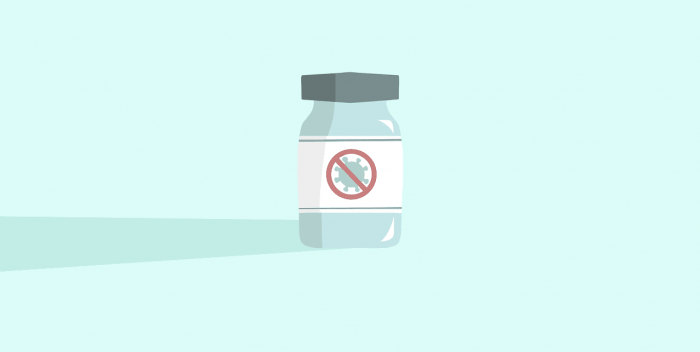Between You and Me: As second booster wanes, COVID cases mount. What to do?
By Leah S. Dunaief

Just as we are trying to decide whether to get the second COVID booster of Pfizer-BioNTech or Moderna that is now authorized by the FDA for those over 50, the color-coding system that tracks the rate of contagion has turned from green to yellow in New York City, indicating an increase in cases. We know that what happens in the city eventually spreads to Long Island, so that would encourage us to get that fourth shot, yes?
To further complicate the decision, a study published in The New England Journal of Medicine Tuesday suggests that “additional boosters are likely to provide fleeting protection against omicron infections in older recipients, and are consistent with evidence that vaccine effectiveness against infection wanes faster than against severe disease,” according to The New York Times.
I say, what?
Let’s consider this carefully. The results of the large new study from Israel are telling us that a second booster shot does provide protection against omicron infections and severe illness among older adults. It is also saying that such protection against infection is short-term and wanes after four weeks, then almost disappears after eight weeks.
That doesn’t sound so good, right?
But hold on. Protection against severe illness-—again, severe illness— did not lessen in the six weeks after receiving the second booster, but the follow-up period has been too short to know if that second shot continues to offer better protection against severity. By the way, the study involved those ages 60 and older, with nothing on younger populations. So “vaccine effectiveness against infection wanes faster than against severe disease,” concludes The Times. And a previous study from Israel that has not yet been published in a scientific journal, according to The Times, “found that older adults who received a second booster were 78% less likely to die of COVID-19 than those who had received just one booster shot.” The methodology of that study has been criticized, however, with scientists pointing out that those who have received one booster are already likely to be protected from severe illness and death.
In the new study of 1.2 million adults, “the rate of confirmed infections was twice as high in the three-dose group as in the four-dose group. By eight weeks after the fourth shot, the additional protection against infection had almost disappeared, the researchers found. However, “rates of severe illness were 3.5 times higher in the three-dose group than the four-dose group four weeks after the booster shot. That protection did not appear to wane and actually ticked up slightly by the sixth week after the shot, when rates of severe disease were 4.3 times higher in the three-dose group.”
Still don’t know what to do?
Director of the Centers for Disease Control and Prevention, Dr. Rochelle P. Walensky, said on Tuesday that her agency “really would encourage people who are over 50 who have underlying medical conditions and those over the age of 65” to get a second booster shot.
There is controversy among immunologists and vaccine experts over whether to recommend that fourth shot, at least for those under age 65. Twenty million people 65 or older are now eligible and 10 million between 50-64, according to the CDC.
So if you have decided to get the second booster, which would you get?
Dr. Peter Marks of the FDA suggested in a podcast that there was “a little bit of data” that switching vaccines may provide better protection, but “probably the more important thing is just to get boosted with whatever vaccine you can get.”
I will be getting the second booster this week. My thinking is that in the face of newly rising infection rates, even eight weeks could provide a substantial barrier against falling ill and then having the additional worry of incurring long-haul Covid. But reaction across the country is mixed.
With limited data, we are left on our own.







